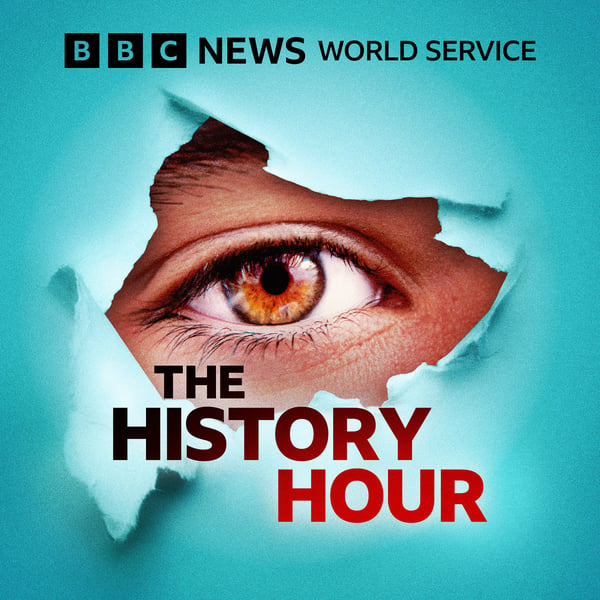Black History: The Black Panthers
The History Hour
BBC
4.4 • 879 Ratings
🗓️ 20 February 2021
⏱️ 50 minutes
🧾️ Download transcript
Summary
As part of our Black History coverage we look back at the Black Panthers and ask Professor Clayborne Carson of Stanford University "How radical was the US black rights group?" Also, we bring you an archive interview with Mary Wilson of the Supremes, we delve into the question of compensation after the abolition of slavery - and no, not compensation for the people who had been enslaved, but for the former slave owners. Also, how one descendent of slaves, James Dawkins, discovered his ancestors' connection with the British writer Richard Dawkins. And, looking back at the story of Henrietta Lacks the African-American whose cells revolutionised medical science.
Photo: Schoolchildren at a Black Panthers breakfast club. Credit: Shutterstock
Transcript
Click on a timestamp to play from that location
| 0:00.0 | Hello and welcome to the History Hour podcast from the BBC World Service with me Max Pearson, |
| 0:05.0 | the past brought to life by those who were there. |
| 0:08.2 | This week it's Black History Month in America and we've got a selection of first-hand memories of African-American history, |
| 0:15.0 | how the Black Panthers challenged stereotypes with community work in the 1960s. |
| 0:20.0 | The FBI, under its leader at that time, J. Edgar Hoover, hated the Black Panther Party and its programs. |
| 0:27.0 | Also, the astonishing Henrietta lacks, whose cells harvested from her dying body in the 1950s continue to make medical history. |
| 0:35.8 | From my research I found out that they selling her cells all over the world and I just wanted |
| 0:42.3 | to find out who is making money off my |
| 0:44.8 | most sales. And cultural history with the late great Mary Wilson. It was this huge |
| 0:50.4 | exchange of music at that time. The borders were opening up. |
| 0:54.3 | 64 definitely was a year when music began to sort of dictate even more than politics. |
| 1:00.9 | That's all in the podcast. So Black History Month in America, since 1926, February has been characterized by continued reflection |
| 1:09.0 | on the African American experience. |
| 1:11.4 | An experience rooted in slavery and the persistent racist policies of segregation in the South. |
| 1:17.0 | America may have had its first black president in Barack Obama, but still today protests over the plight of African Americans continue. |
| 1:25.0 | Black Lives Matter. |
| 1:26.4 | Bringing their first-hand experience to the World Service this week have been several figures |
| 1:30.3 | from that history, but on the podcast we're also going to hear how the story of slavery |
| 1:35.2 | in the Americas has shaped events and personal histories in Britain too. But we're going to begin in the late 1960s when the apparent legal successes of the civil rights movement |
| 1:46.1 | were for many failing to deliver the promised benefits. |
| 1:49.9 | So a more radical approach took hold. The Black Panther Party endorsed a more radical approach took hold. |
| 1:52.6 | The Black Panther Party endorsed a more robust resistance to oppression, while at the same |
... |
Please login to see the full transcript.
Disclaimer: The podcast and artwork embedded on this page are from BBC, and are the property of its owner and not affiliated with or endorsed by Tapesearch.
Generated transcripts are the property of BBC and are distributed freely under the Fair Use doctrine. Transcripts generated by Tapesearch are not guaranteed to be accurate.
Copyright © Tapesearch 2025.

